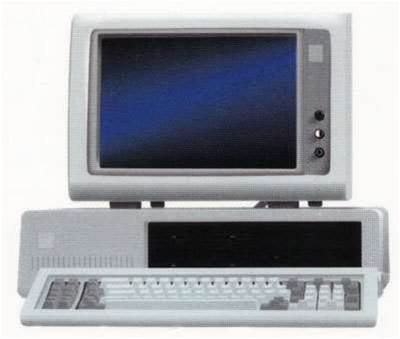
The analyst firm regularly issues guidance for IT corporate planners, and the latest roadmap for 2007-2012 suggests that there will be three key phases.
"Because of the scale of the changes and the speed at which they are happening, enterprises need to understand when major technology shifts will occur and when certain decisions must be made regarding technology implementations," said Stephen Kleynhans, research vice president at Gartner.
The launch of Windows Vista and the impact of Intel's Core architecture processors will be the major "disruptive influences" over the next two years.
Improvements in notebook battery life and performance will also be influenced by Intel's Santa Rosa fourth-generation Centrino platform in early 2007.
Gartner predicts that an increasing number of people will be using personally-owned equipment as their day-to-day systems by 2009-2010, forcing IT management to adopt virtualisation techniques to ensure compliance and security.
Microsoft's Windows XP will also start to be phased out by the end of the decade.
Beyond this, Gartner expects the 'User Centric Era' to emerge, where IT users will have integrated home/work environments, or "software bubbles", that follow them around.
"Users will move seamlessly among the devices carrying their settings, as well as transferring the state of their session as they move," said Kleynham.
This 'User Personality Portability' will also mean that IT departments will struggle to stay ahead of user requirements and to dictate technology decisions. The IT organisation's role will, therefore, shift to facilitation and enablement.


_(23).jpg&h=140&w=231&c=1&s=0)
.png&h=140&w=231&c=1&s=0)






 iTnews Executive Retreat - Security Leaders Edition
iTnews Executive Retreat - Security Leaders Edition
 iTnews Benchmark Awards 2026
iTnews Benchmark Awards 2026
 iTnews Cloud Covered Breakfast Summit
iTnews Cloud Covered Breakfast Summit
 The 2026 iAwards
The 2026 iAwards












_(1).jpg&h=140&w=231&c=1&s=0)



